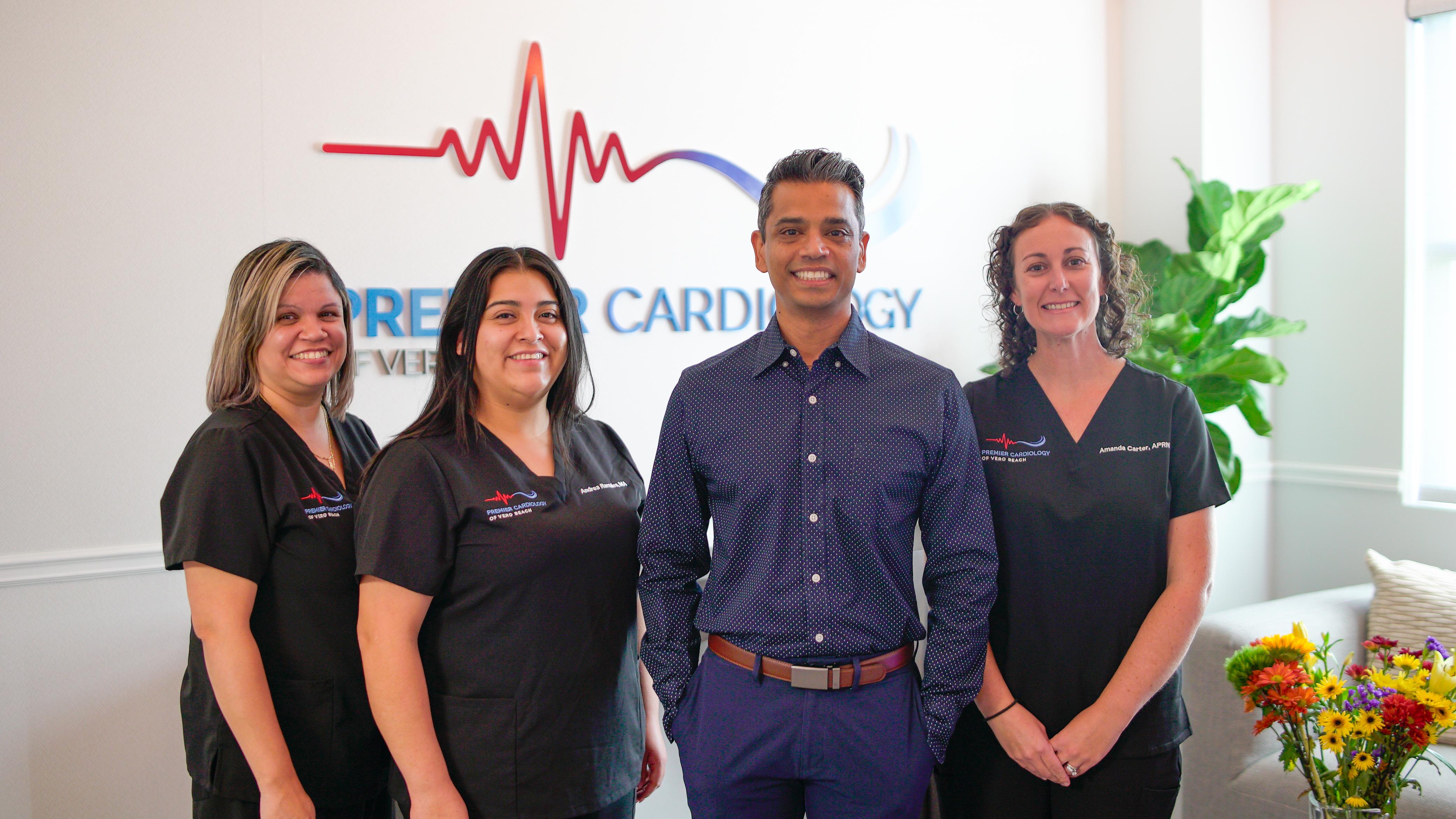Heart failure is a serious condition that requires timely and appropriate treatment to manage symptoms, improve quality of life, and increase life expectancy. In this comprehensive guide, top cardiologists share their expert advice on the best treatment options for heart failure patients. From lifestyle modifications to advanced medical therapies, this guide covers everything you need to know about managing heart failure effectively.
Overview of Heart Failure
Heart failure occurs when the heart is unable to pump enough blood to meet the body's needs. This can lead to a buildup of fluid in the lungs and other parts of the body, causing symptoms such as shortness of breath, fatigue, and swelling in the legs and abdomen. It is crucial for individuals with heart failure to work closely with their healthcare providers to develop a personalized treatment plan that addresses their specific needs.
Symptoms of Heart Failure
- Shortness of breath
- Fatigue and weakness
- Swelling in the legs, ankles, or abdomen
- Rapid or irregular heartbeat
- Reduced ability to exercise
- Coughing or wheezing
Causes of Heart Failure
- Coronary artery disease
- High blood pressure
- Previous heart attack
- Cardiomyopathy
- Valvular heart disease
- Other medical conditions
Treatment Options for Heart Failure
There are several treatment options available for individuals with heart failure, ranging from lifestyle modifications to medications and surgical interventions. The goal of treatment is to improve heart function, relieve symptoms, and prevent complications. It is essential for patients to work closely with their healthcare team to determine the most appropriate treatment plan for their specific situation.
Lifestyle Modifications
- Following a heart-healthy diet low in salt and saturated fats
- Maintaining a healthy weight
- Engaging in regular physical activity
- Avoiding alcohol and tobacco
- Managing stress
Medications
- Angiotensin-converting enzyme (ACE) inhibitors
- Angiotensin II receptor blockers (ARBs)
- Beta-blockers
- Diuretics
- Aldosterone antagonists
- Digitalis
Implantable Devices
- Implantable cardioverter-defibrillator (ICD)
- Cardiac resynchronization therapy (CRT)
- Left ventricular assist device (LVAD)
Surgical Interventions
- Coronary artery bypass grafting (CABG)
- Heart valve repair or replacement
- Heart transplant
Ongoing Management and Monitoring
Managing heart failure is an ongoing process that requires regular monitoring and adjustments to treatment as needed. Patients should work closely with their healthcare team to ensure that their condition is well-managed and that any changes in symptoms are addressed promptly. Regular follow-up appointments, monitoring of vital signs, and diagnostic tests are essential components of ongoing heart failure management.
Key Components of Ongoing Management
- Monitoring weight and fluid intake
- Checking blood pressure and heart rate regularly
- Adjusting medications as needed
- Following a heart-healthy lifestyle
- Participating in cardiac rehabilitation programs
Warning Signs and When to Seek Help
- Sudden weight gain
- Increase in swelling or shortness of breath
- Persistent coughing or wheezing
- Chest pain or discomfort
- Changes in heart rhythm
- Dizziness or lightheadedness
Conclusion
Effective treatment for heart failure involves a multidisciplinary approach that includes lifestyle modifications, medications, and in some cases, surgical interventions or implantable devices. By working closely with top cardiologists and other healthcare providers, individuals with heart failure can effectively manage their condition, improve their quality of life, and increase their life expectancy. Remember to prioritize your heart health, follow your treatment plan diligently, and seek help promptly if you experience any concerning symptoms.
For more information and personalized advice on heart failure treatment, consult with a cardiologist or healthcare provider specializing in heart failure management.


Leave a Reply
You must be logged in to post a comment.